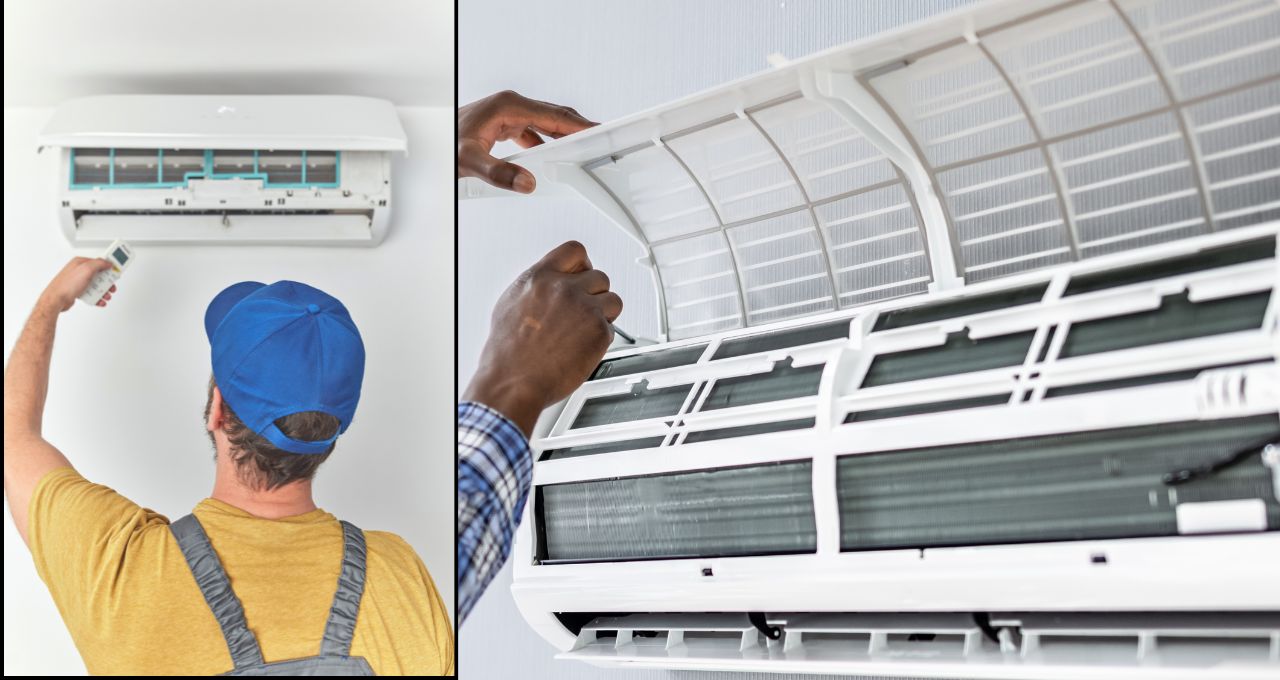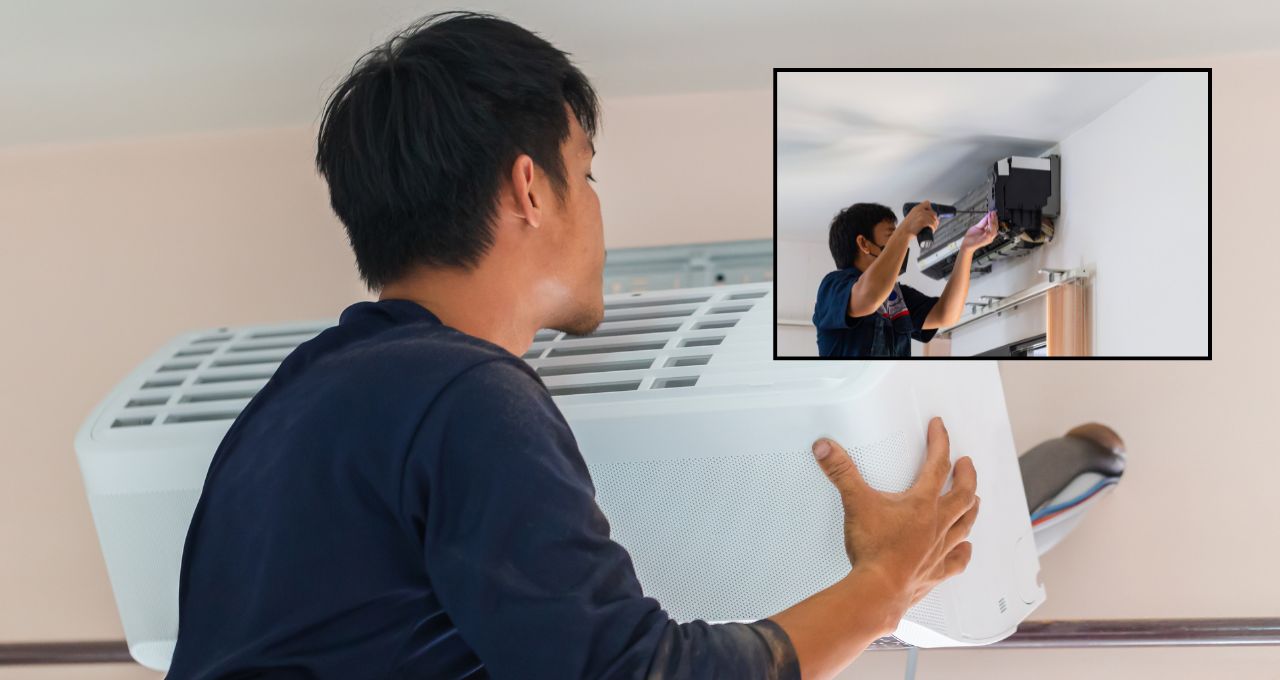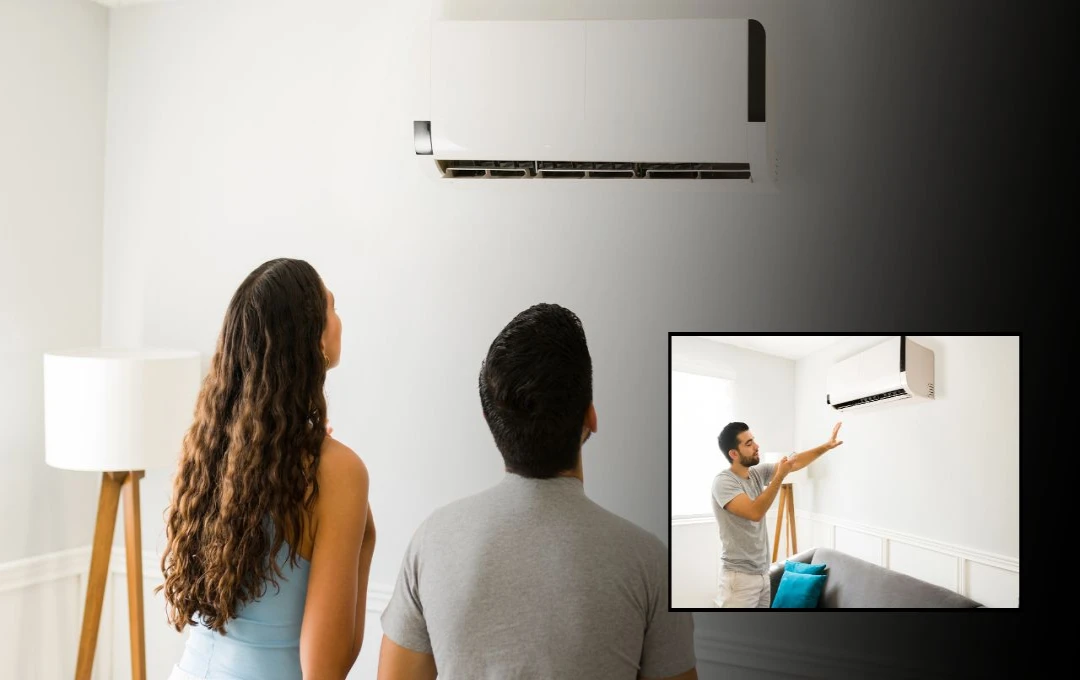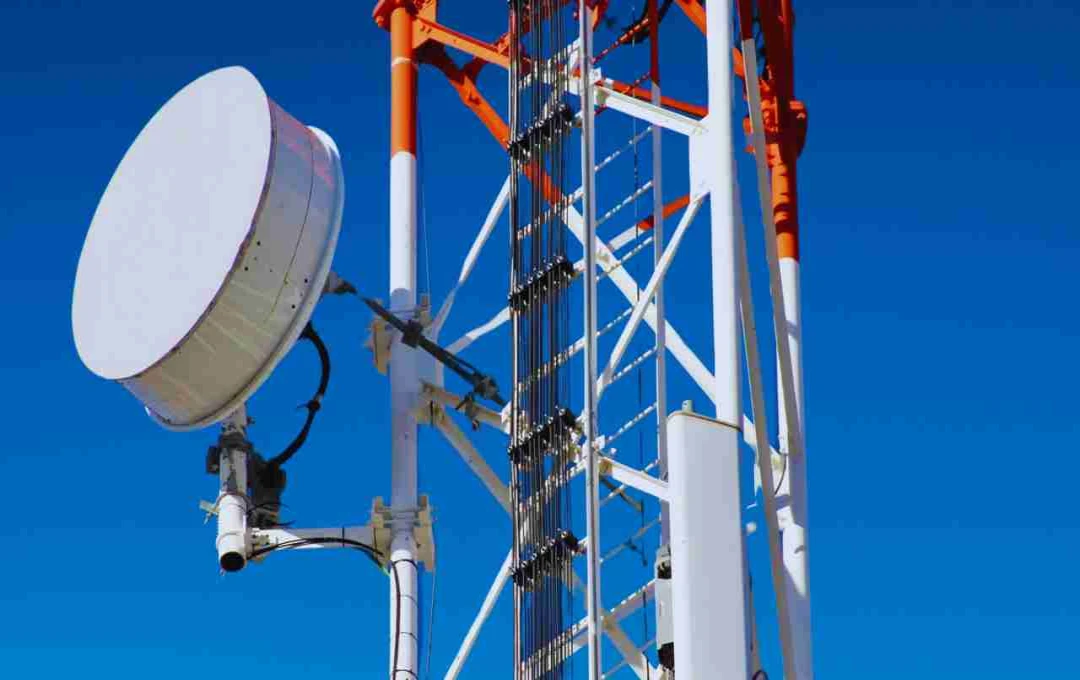In the summer heat, an air conditioner (AC) is a blessing, but when it starts blowing hot air instead of cool air, problems arise. Sometimes, the AC malfunctions or its cooling capacity diminishes. If your air conditioner is blowing hot air instead of cool air, it means you're likely making some mistakes. This article will detail three common mistakes affecting your AC's cooling capacity and provide guidance on proper AC maintenance.
1. Depleted or Leaking Coolant (Refrigerant)
The most crucial component of an air conditioner is its coolant, or refrigerant. This gas cools the air inside the AC unit. If the refrigerant level is low or there's a leak, the AC will blow hot air. Often, insufficient cooling is due to depleted or low refrigerant levels.
Solution
If your AC is blowing hot air, check the refrigerant level with a nearby service center. If the refrigerant is low or depleted, it needs refilling. Ensure that only experienced and certified technicians refill the refrigerant, as incorrect handling can damage the AC unit.

2. Dirty AC Filters and Lack of Cleaning
Cleaning the air conditioner's filters is essential. Filters prevent dust, dirt, and small particles from entering the AC, ensuring proper machinery function. A dirty filter restricts airflow, reducing the AC's cooling capacity. Many people use their AC continuously during summer but neglect regular cleaning.
This allows dust to accumulate on the filter, hindering airflow and impacting cooling. A dirty filter puts extra strain on the AC, potentially causing premature damage.
Solution
Clean the AC filter every 3-4 weeks. You can wash it with soap and water at home, then allow it to dry completely before reinstalling. Consider replacing the filter if it's very old. Regular cleaning improves AC performance and reduces electricity consumption.
3. Dirty Condenser Coil and its Maintenance
The condenser coil is a vital part of the AC's cooling system. It separates the outside hot air from the inside cool air. If the condenser coil accumulates dirt, dust, or leaves, it cannot effectively dissipate heat, reducing the AC's efficiency.
A dirty condenser coil not only reduces cooling capacity but also negatively impacts the machine, leading to premature failure and increased electricity costs.
Solution
Cleaning the condenser coil is as crucial as cleaning the filter. Inspect it every 2-3 weeks and clean it if necessary. You can gently clean it at home using a brush or lightly damp cloth. However, for heavy dirt accumulation, professional servicing is recommended. Cleaning it weekly during summer months optimizes AC performance.

Other Essential Tips to Improve AC Cooling
- Keep doors and windows closed: The more airtight the room, the better the cool air retention. Open doors and windows allow warm air to enter, increasing the AC's workload.
- Use sun-blocking curtains: Direct sunlight increases room temperature, forcing the AC to work harder.
- Proper AC placement: Position the outdoor unit in a location with good airflow, minimal dirt and dust, and protection from direct sunlight.
- Use a fan: Running a fan alongside the AC circulates cool air more effectively, lowering the temperature faster.
- Regular servicing: Schedule annual professional AC servicing.















